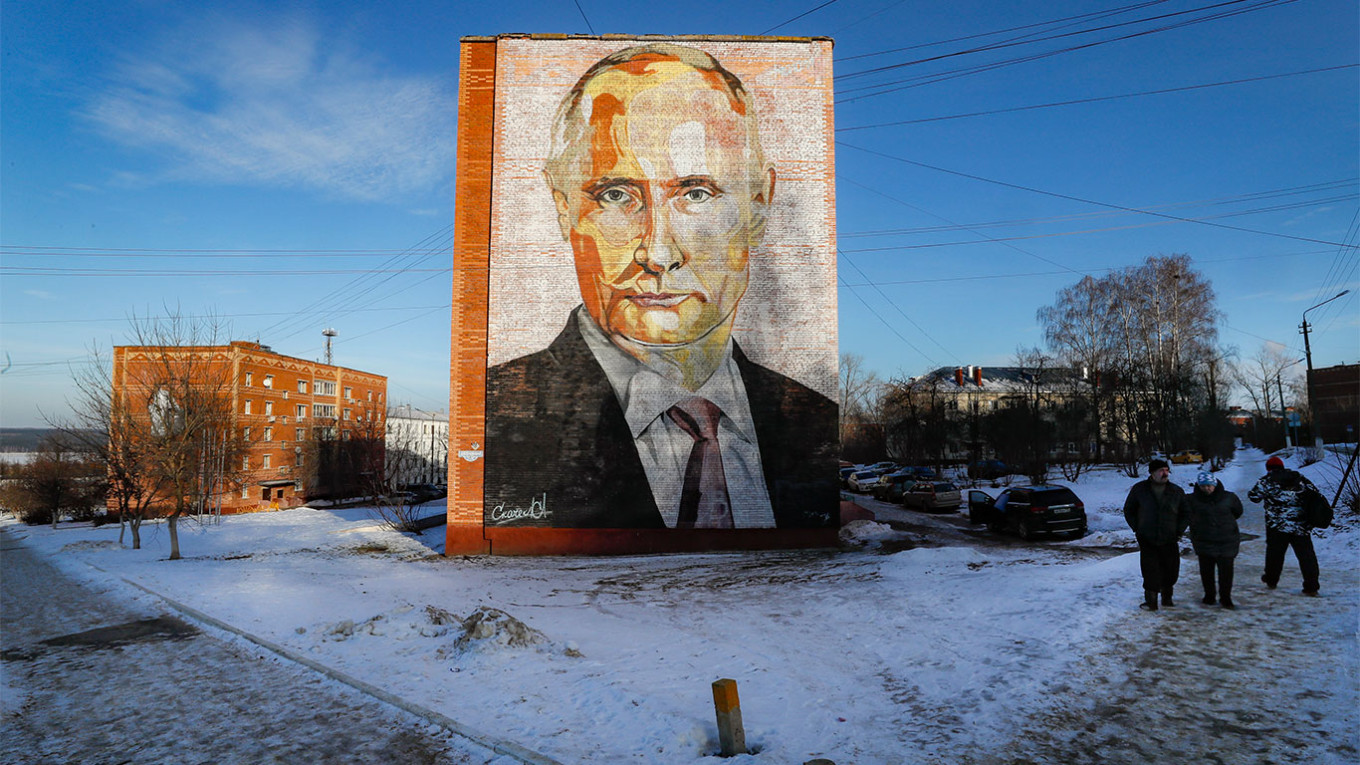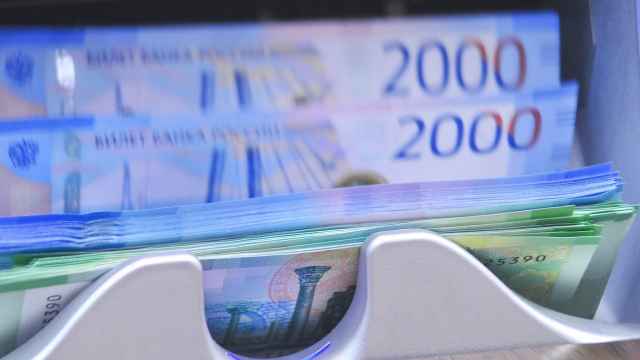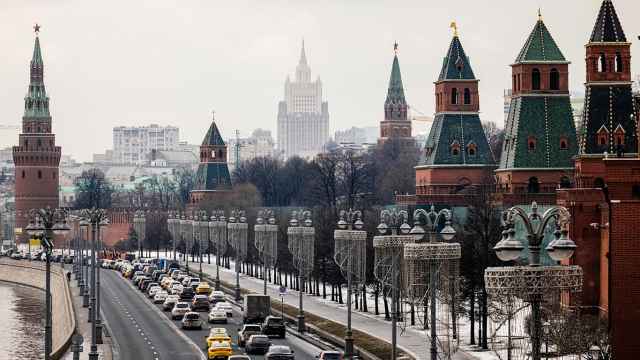Russia's budget deficit surged to 1.76 trillion rubles ($24.8 billion) in January 2023, the Finance Ministry said Monday, as Western sanctions cut into oil and gas revenues and the country raised its wartime spending.
The figures mark Russia’s largest first-month budget deficit since at least 1998, according to Bloomberg.
Revenues fell 35% to 1.356 trillion rubles ($19 billion) while spending rose 59% to 3.117 trillion rubles ($44 billion) compared to January 2022.
Revenues from oil and gas were down 46% at 426 billion rubles ($6 billion), while non-oil and gas revenues down 28% at 931 billion rubles ($13 billion).
The Finance Ministry blamed the drop in energy revenues on falling gas exports and the “decreased representativeness” of Western monthly price assessments that forced Russia to sell its oil at a big discount.
Non-oil and gas revenues dropped due to changes in value-added tax rules and VAT reimbursements, the ministry said in its preliminary assessment of the budget.
Western price caps and embargoes weighed down on Russia’s oil and gas revenues, with Russia’s Urals blend trading at under $50 a barrel in January 2023 — down 42% from January 2022.
To counteract the sanctions’ effect on budget revenue, President Vladimir Putin has set a March 1 deadline for his government to draft a new plan for calculating the price of Russian oil.
The January 2023 budget deficit comes after Russia posted the second-highest gap in its recent history in 2022.
Russia forecasts its budget deficit to reach 3 trillion rubles ($43 billion) in 2023, with at least one-third of state spending expected to go to defense and security.
Bloomberg Economics economist Alexander Isakov said Russia’s 2023 budget deficit could more than double to 6.9 trillion rubles ($97 billion).
A Message from The Moscow Times:
Dear readers,
We are facing unprecedented challenges. Russia's Prosecutor General's Office has designated The Moscow Times as an "undesirable" organization, criminalizing our work and putting our staff at risk of prosecution. This follows our earlier unjust labeling as a "foreign agent."
These actions are direct attempts to silence independent journalism in Russia. The authorities claim our work "discredits the decisions of the Russian leadership." We see things differently: we strive to provide accurate, unbiased reporting on Russia.
We, the journalists of The Moscow Times, refuse to be silenced. But to continue our work, we need your help.
Your support, no matter how small, makes a world of difference. If you can, please support us monthly starting from just $2. It's quick to set up, and every contribution makes a significant impact.
By supporting The Moscow Times, you're defending open, independent journalism in the face of repression. Thank you for standing with us.
Remind me later.






